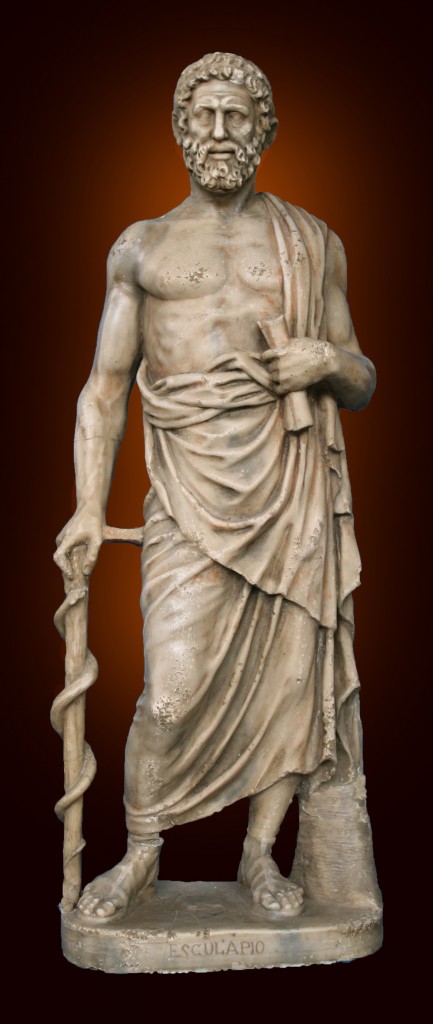
The Italian word “secolo” (century) comes from the Latin saeculum, which had the meaning of generation, long space of time, period of a hundred years. Its present-day meaning is also influenced by the Christian sense of earthly life or world, as opposed to eternal heavenly life. The latter usage is modeled from the Greek αἰών, itself a cast of the Hebrew.
Properly it defines a period of one hundred years, but it is often used to denote a long period of time. This is the case with broad historical periods whose precise duration is not so much captured as the phenomenon, event, or character that most characterizes it. Thus one can say the Age of Enlightenment or the century of Napoleon. Also in common use are paradoxical expressions such as short century (usually the twentieth century) or long century (usually the nineteenth century), indicating periods characterized by a certain internal cohesion or considered from a precise historical perspective.
The translational use of the word century, under the influence of Christian Latin usage, also defines present time, as a state of life, life itself, or the world in which life takes place, as opposed to either death or future life. While in proper religious garb the expression “in the century” recurs to define the life of a religious before taking vows.
The snake among many ancient peoples is a symbol of time, life, and health, especially in the iconography of the uroboros, or snake biting its tail. Among the Greeks then the symbol of medicine and pharmacy was the staff of Asclepius, with a single snake, or the caduceus, the winged staff of Hermes with two snakes entwined on it.
Such iconological juxtaposition has no historical or logical connection, but it is certainly suggestive to start a reflection on time, life and medicine. Today’s medicine with the massive use of technology, minimizes the time of treatment (almost completely nullifying that of assisted convalescence) and lengthens the patient’s life as much as possible.
It almost seems as if medicine rushing toward the goal of curing as quickly as possible, but this ill accords with the needs of the body and mind to adapt to the various states of illness, healing and regained health. Time is a key component of the process.
Just as time is needed in the process of individual healing, so it takes centuries for medical techniques and practices to develop and establish themselves. And these too among other things are linked to various communities’ and cultures’ ideas of health.
